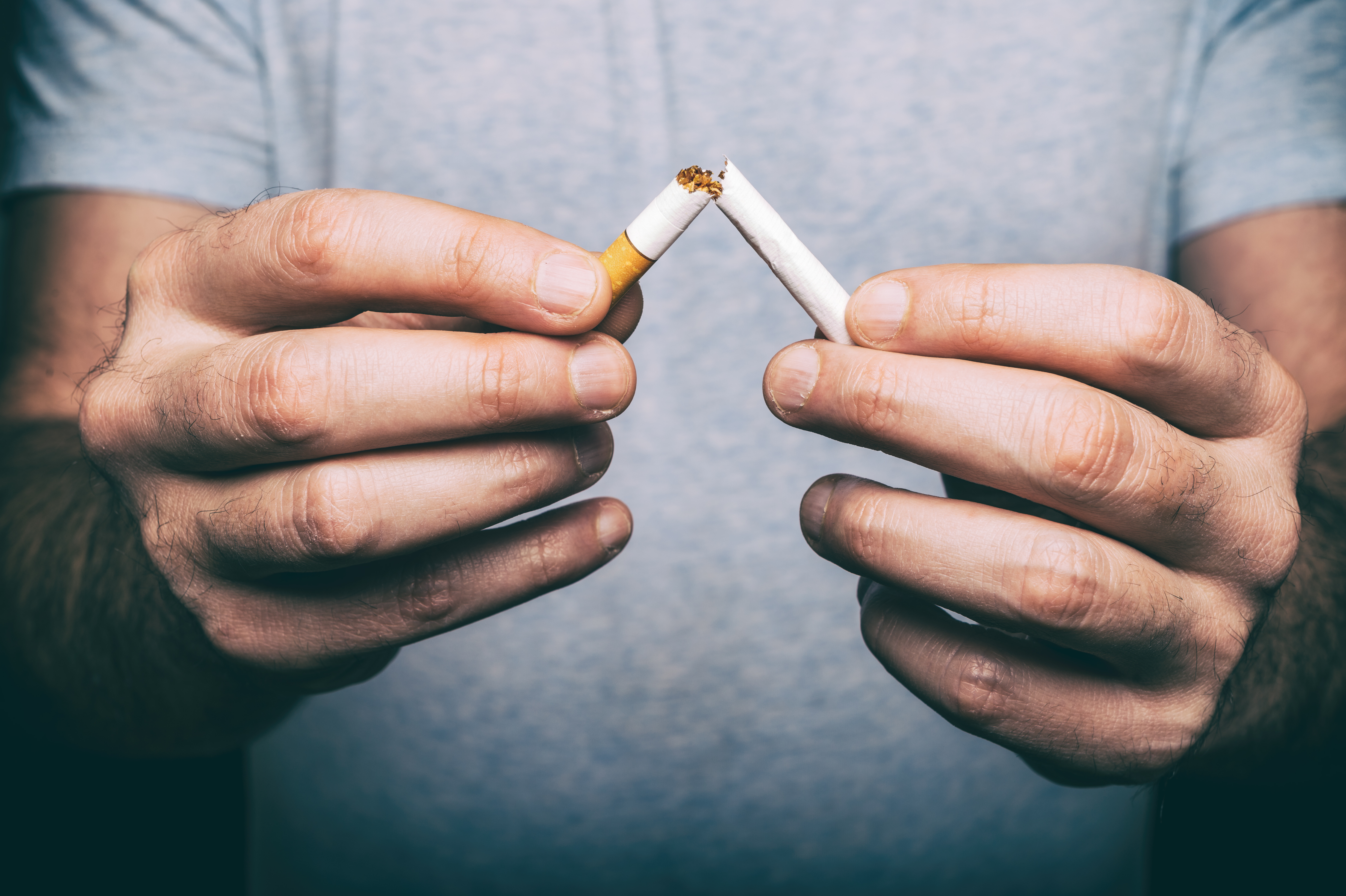Can You Get High Off a Black and Mild
Smoking
It's no secret that smoking causes serious health problems, including heart disease, asthma, and lung cancer. If you are having surgery, you also may experience complications related to smoking and anesthesia. This is especially true if you are having general anesthesia — the type that makes you lose consciousness.
If you smoke and are having surgery, physician anesthesiologists recommend that you quit smoking as soon as possible before the procedure. It's also important to meet with your physician anesthesiologist about your smoking and how it might affect your anesthesia care plan.
Why is it important to stop smoking before surgery?
If you smoke, your heart and lungs don't work as well as they should. You may have breathing problems during or after surgery, and you are at greater risk of developing pneumonia. You are also much more likely to need a ventilator, a machine that breathes for you, after surgery. In addition, smoking reduces blood flow, which slows healing, so your surgical incision is more likely to become infected. Because smoking is a major cause of heart disease, your chances of suffering a heart attack during or after surgery increase.
How can quitting help?
It may be hard to believe, but quitting smoking even the day before your surgery can lower your risk of complications. This is because your body starts to heal and your heart and lungs begin to work better as soon as you quit. The levels of nicotine and carbon monoxide — the unhealthy chemicals you inhale in cigarette smoke — begin dropping immediately, improving blood flow and reducing the likelihood of problems.
Quitting smoking even the day before your surgery can lower your risk of complications.
But try not to wait that long; the earlier you quit the better — preferably a week or more before your surgery. It's also helpful to not smoke during your recovery from surgery. In fact, surgery is a great time to quit for good, since you're probably already thinking about improving your health and you won't be able to smoke while you're in the hospital for surgery. This will give you a jump on your plans to quit.
Not having surgery? Why not quit anyway?
Physician anesthesiologists are heart and lung specialists, and during surgery they see firsthand the heavy toll smoking takes on the body. Quitting improves your overall health and can:
- Add at least six to eight years to your life.
- Reduce your risk of lung cancer and heart disease.
- Save you an average of $1,400 a year.
- Reduce your loved ones' exposure to secondhand smoke.
- Make you healthier for any surgery or general anesthesia you may need in the future.
How can you get help to quit?
Kicking the smoking habit isn't easy, so consider getting help. One resource is 1-800-QUIT-NOW (1-800-784-8669), a free service that can help you stop smoking. You will be connected with a trained counselor who will work with you confidentially to discuss the best methods to help you quit. Depending on your needs, the counselor can arrange to send medications, including nicotine patches, gum, and lozenges, as well as advise you on over-the-counter medications that are available at your local drug store.

Physician anesthesiologists work with your surgical team to evaluate, monitor, and supervise your care before, during, and after surgery—delivering anesthesia, leading the Anesthesia Care Team, and ensuring your optimal safety.
Can You Get High Off a Black and Mild
Source: https://www.asahq.org/madeforthismoment/preparing-for-surgery/risks/smoking/
